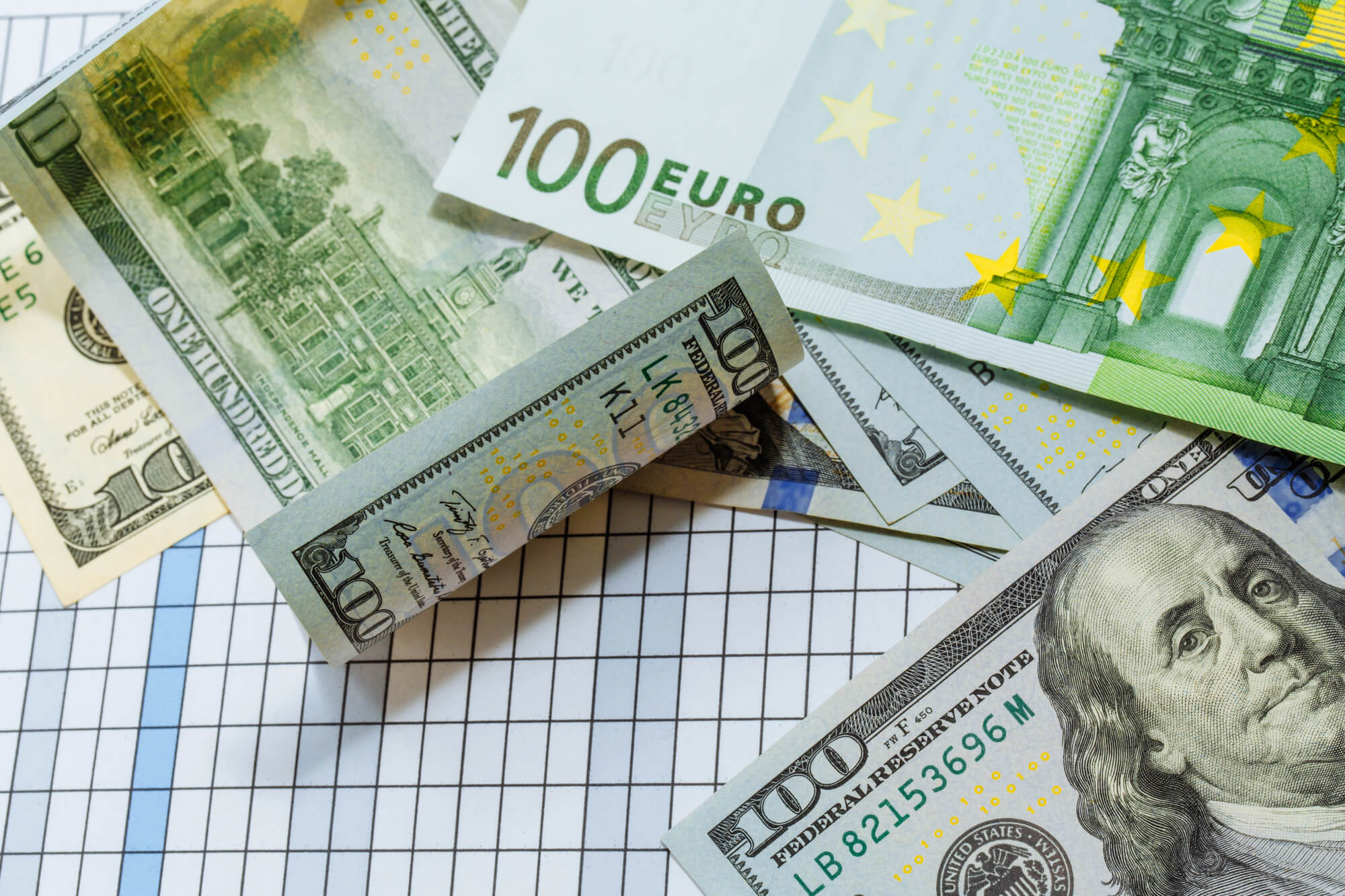On March 18, the grain deal expires. Should we wait for its continuation? What is happening with the agricultural market, and what are the EU’s prospects? We discussed all this in the new episode of the “What’s up with the economy?” podcast. The presenters are Yuliia Mincheva, Vox Ukraine, and Yurii Haidai, the Center for Economic Strategy.
Our guest is Olha Trofimtseva, Ambassador-at-large of the Ministry for Foreign Affairs and Acting Minister of Agrarian Policy of Ukraine (2019).
Listen to the full conversation at podcasts.nv.ua
The Armed Forces of Ukraine are our best grain traders. Successes on the fighting front are incredibly important for ports and Ukraine’s continued sea exports. Recently, Ukraine initiated another round of negotiations with Turkey and the UN regarding renewing the grain corridor. We aim to extend it for a year and not for 120 days (currently, russia pushes for a reduced 60-day renewal – ed.), which will give everyone some predictability and stability. The Mykolaiv port must be included in the deal now because even if it’s included in March, vessels won’t be able to enter it immediately because a vast Black Sea area must be demined first.
Russia behaves like a typical terrorist country. Their Ministry of Agriculture says it will extend the corridor if sanctions pressure on the export of fertilizers and other goods from russia is eased. That is, they engage in constant blackmail that continues throughout the entire time of the grain deal. Their goal is to complicate things for us in every possible way. Russian inspectors constantly sabotage the corridor’s operation, work half-heartedly, and find incomprehensible excuses (see grain deal statistics here – ed.). When the russians pulled out of the deal in November, the corridor was running much faster. However, if the deal’s officially invalid and we decide to continue exporting grain, russia might start attacking the ships. The incident with the shelling of the Odesa port at the beginning of the grain deal was intended to show the russians could also shoot there if they wanted to. However, it is unlikely that they’ll dare to open fire when, for example, Turkish commercial vessels pass through it. Like any hooligan, russia backs off when it sees its blackmail is left without a response or the enemy is stronger, such as Turkey and NATO. For our part, at all venues and particularly in the negotiations with the UN World Food Program, we insist on continuing the grain corridor deal without any concessions to the russian side.
In February 2023, we’d already exported more than 5 million tons of grain and oilseeds through the grain corridor and overland routes, reaching the pre-war levels. Farmers are now actively sowing, so there’ll be no grain shortage in the Ukrainian market since the market is fully supplied. We continue to produce much more than we need for domestic consumption, so exporting grains and oilseeds is essential to generate foreign exchange earnings for the economy.
Global agricultural markets are not elastic. It’s hard to reformat them quickly since not every country can grow the right quantity of high-quality goods like Ukraine, which is a leader in many areas. Russia uses every opportunity to squeeze Ukraine out of many markets. That is why the President’s “Grain from Ukraine” initiative is vital for supplying grain to African countries with donor funds, which is very annoying to the russians because we’re jointly destroying their informational narrative about grain being exported only to rich countries. Although in reality, those are Eritrea, Somalia, Lebanon, and other countries where there’s a real threat of famine.
The three largest buyers of our grain and oilseeds transported through the grain corridor are Spain (the EU sea gate), China, and Turkey. China continues to buy significant volumes, and russia has not replaced us in the Chinese market due to sanctions preventing russia from trading freely. In addition, certain agricultural products are better to buy in Ukraine. China and other countries are very pragmatic about this issue.
Sometimes there are populist calls that not raw materials should be exported but finished products, i.e., not grain and oil but sweet corn. We often hear this from those who’ve never seen an actual field or farm and don’t understand the workings of the agricultural market. If there’s no critical dependence of the economy on such exports and no negative environmental impact, then the raw material structure of exports isn’t a bad thing. As for the second part (the environmental impact), we began noticing we need to work on diversifying the structure of agricultural production. The Ukrainian agrarian sector’s strength is that both large agricultural holdings with their own niches (e.g., producers of oil crops or poultry meat) and medium and small manufacturers can and must work in our country; there’s room for everybody. We see the growth of recycling initiatives precisely in medium-sized manufacturers who immediately build production verticals. For example, it’s Agricom, whose flakes can now be seen on the shelves of EU supermarkets and whose cultivation and processing production facilities are located in the Chernihiv region. That’s an example of Ukrainian resilience. There’s great potential for small farmers in the production and export of local craft products.
In the future, considering Ukraine’s EU candidate status, it’s necessary to cooperate even more actively with European markets and programs. But we must do so from the position of equals because investing in Ukraine is not so much about humanitarian aid but an investment in the shared future of Ukraine and the EU. Some lobbyists can be aggressive because they’re protecting their home markets. However, the European Union has already been through the “get-to-know-each-other-better” stage comprising other serious agrarian countries like Poland and Romania. I believe we must explain that Ukraine is not a competitor but a great reinforcement and added value to the EU. And full integration into the EU will only make our agricultural market more potent and efficient.
Attention
The authors do not work for, consult to, own shares in or receive funding from any company or organization that would benefit from this article, and have no relevant affiliations





